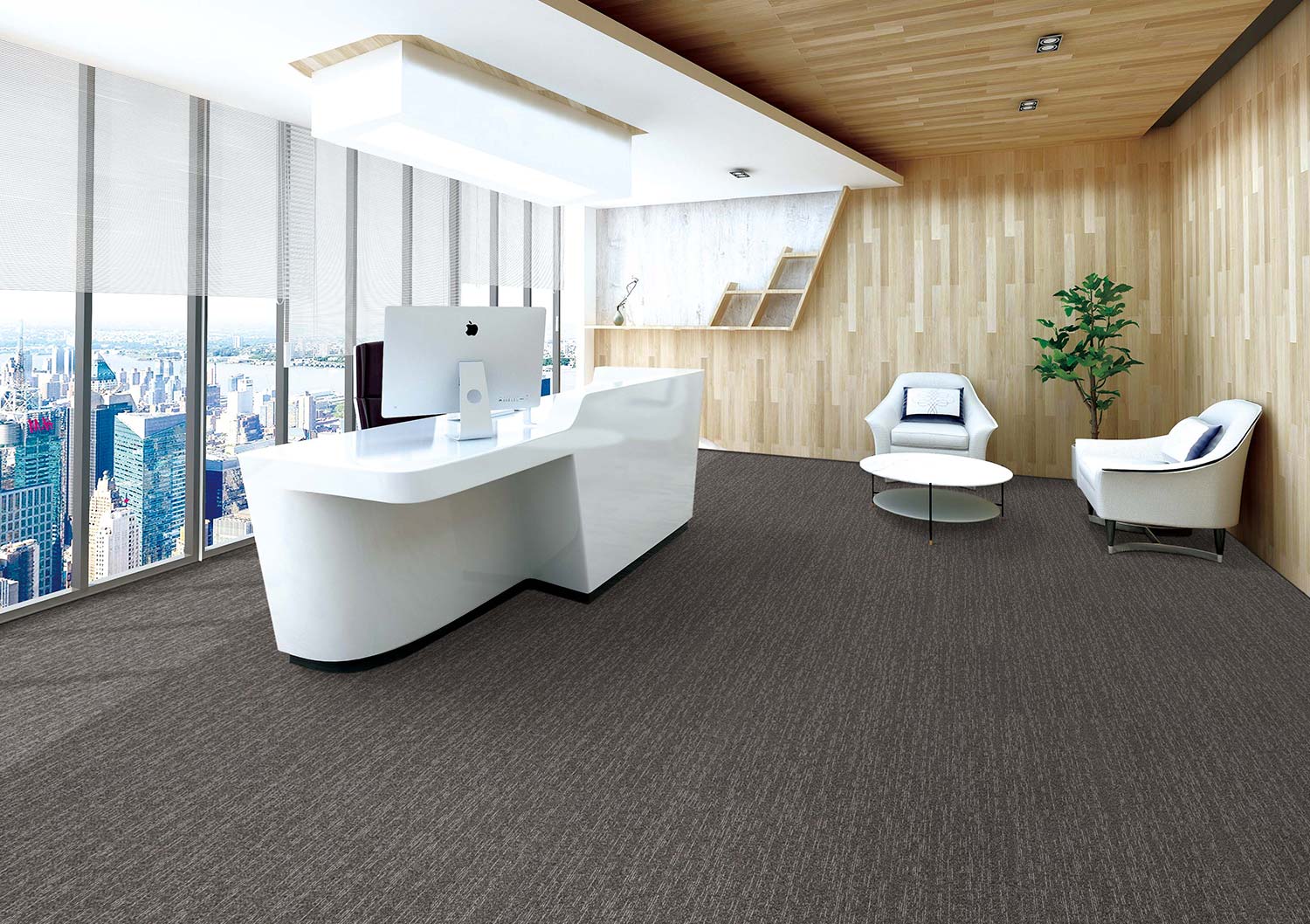Posted on April 9, 2024
Commercial Carpet Tiles vs. Traditional Carpeting: Which is Best for Your Business?

Image Source- Google
Choosing the right type of flooring for your commercial space is crucial to create a professional and inviting environment. When it comes to carpeting, there are two main options to consider: commercial carpet tiles and traditional broadloom carpeting. Each option has its own set of advantages and disadvantages, so it's essential to weigh them carefully before making a decision. In this article, we will compare customizable commercial carpet tiles and traditional carpeting to help you determine which is the best choice for your business.
Commercial Carpet Tiles
Advantages of Commercial Carpet Tiles:
- Easy Installation: Commercial carpet tiles are easy to install, making them a popular choice for businesses looking to minimize downtime during renovations.
- Design Versatility: Carpet tiles come in a wide range of colors, patterns, and textures, allowing you to create custom designs and layouts to suit your brand and space.
- Easy Maintenance: If a tile gets stained or damaged, you can simply replace it with a new one without having to replace the entire carpet.
- Durable: Commercial carpet tiles are designed to withstand high foot traffic and are more resistant to wear and tear compared to traditional carpeting.
- Cost-Effective: While the initial cost of commercial carpet tiles may be higher than traditional carpeting, the long-term cost savings from easier maintenance and replacement can make them a cost-effective option.
Disadvantages of Commercial Carpet Tiles:
- Visible Seams: The seams between carpet tiles can be more visible than those in traditional carpeting, which may affect the overall aesthetic appeal of the space.
- Installation Challenges: Achieving a seamless look with carpet tiles can be challenging, especially in larger spaces with irregular layouts.
- Moisture Concerns: While some carpet tiles are moisture-resistant, water can seep through the seams and cause mold or mildew growth if not properly sealed.
Traditional Carpeting
Advantages of Traditional Carpeting:
- Seamless Appearance: Traditional broadloom carpeting provides a seamless look without visible seams, creating a more cohesive and luxurious feel.
- Softness: Traditional carpeting is often softer underfoot compared to carpet tiles, providing a more comfortable walking surface.
- Insulation: Carpeting can act as a natural insulator, helping to reduce noise and maintain a comfortable indoor temperature.
- Sound Absorption: Carpeting can help absorb sound, making it an ideal choice for businesses where noise reduction is a priority.
Disadvantages of Traditional Carpeting:
- Difficult Installation: Traditional carpeting can be more challenging and time-consuming to install compared to carpet tiles, leading to longer downtimes during renovations.
- Maintenance Challenges: Stains and damage to traditional carpeting may require professional cleaning or even replacement of the entire carpet, which can be costly.
- Less Durable: Traditional carpeting may wear out more quickly in high-traffic areas, leading to a shorter lifespan compared to carpet tiles.
- Limited Design Options: While traditional carpeting comes in a variety of colors and styles, it may not offer the same level of customization as carpet tiles.
Conclusion
Ultimately, the choice between commercial carpet tiles and traditional carpeting depends on your business's specific needs and priorities. If you value easy maintenance, durability, and design flexibility, commercial carpet tiles may be the best option for your space. On the other hand, if you prioritize a seamless appearance, softness underfoot, and sound absorption, traditional carpeting could be the right choice for your business.
Before making a decision, consider factors such as your budget, the level of foot traffic in your space, and the overall aesthetic you want to achieve. Consulting with a flooring expert can also help you make an informed decision based on your unique requirements.
